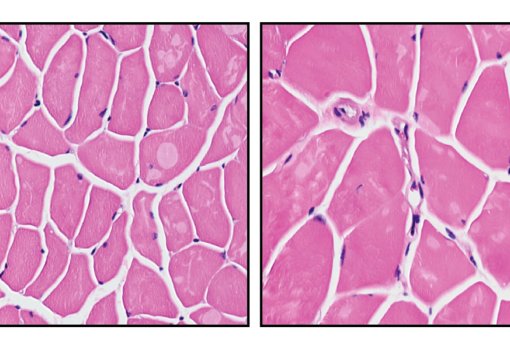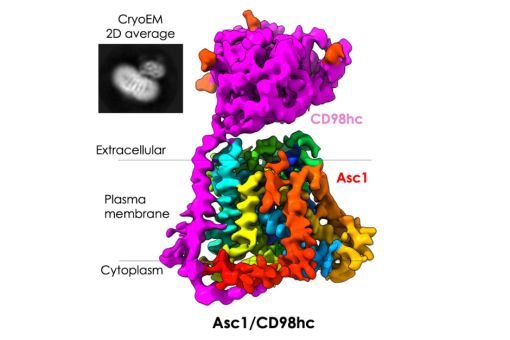Images
Participants



Contact

The journal Cancer Cell ranks the article on colon cancer metastasis by Eduard Batlle and Elena Sancho among the best 10 in 2012.
The article “Dependency of Colorectal Cancer on a TGF-beta-Driven Program in Stromal Cells for Metastasis Initiation”, published in Cancer Cell in November 2012, has been chosen by the journal as one of the best studies of the year, "Best 2012". With an impact factor of 26.57, Cancer Cell ranks as one of the main journals devoted to cancer research.
The discovery: tumour stem cells damage healthy cells in the microenvironment
A team of 17 researchers, led by scientists Eduard Batlle and Elena Sancho from the Colorectal Cancer Laboratory, determined that the ability of colon cancer to metastasize is conferred by the healthy cells that surround the tumour. Although the role of the tumour microenvironment had been hypothesized to be complicit in this process, the study elegantly shows for the first time a specific mechanism through which colorectal cancer cells corrupt the healthy microenvironment to assist them during metastasis initiation.
The discovery could translate into direct benefits for patients. In five years a test based on their results may be available to predict relapse, thus allowing doctors to target treatment according to prognosis. Supported by a two-year funding of 500,000 euros from the Botín Foundation, Eduard Batlle and Elena Sancho are taking the first steps to set up a biotech spin- off, with the aim to commercialise the test.
More info in the research study
3D animation: How to make colon cancer metastasise?
More info about the spin-off project, Colostage
Reference article:
Dependency of colorectal cancer on a TGF-β-driven program in stromal cells for metastasis initiation
Calon A, Espinet E, Palomo-Ponce S, Tauriello DV, Iglesias M, Céspedes MV, Sevillano M, Nadal C, Jung P, Zhang XH, Byrom D, Riera A, Rossell D, Mangues R, Massagué J, Sancho E and Batlle E.
Cancer Cell (5), 571 - 84 (2012)
About IRB Barcelona
The Institute for Research in Biomedicine (IRB Barcelona) pursues a society free of disease. To this end, it conducts multidisciplinary research of excellence to cure cancer and other diseases linked to ageing. It establishes technology transfer agreements with the pharmaceutical industry and major hospitals to bring research results closer to society, and organises a range of science outreach activities to engage the public in an open dialogue. IRB Barcelona is an international centre that hosts 400 researchers and more than 30 nationalities. Recognised as a Severo Ochoa Centre of Excellence since 2011, IRB Barcelona is a CERCA centre and member of the Barcelona Institute of Science and Technology (BIST).




